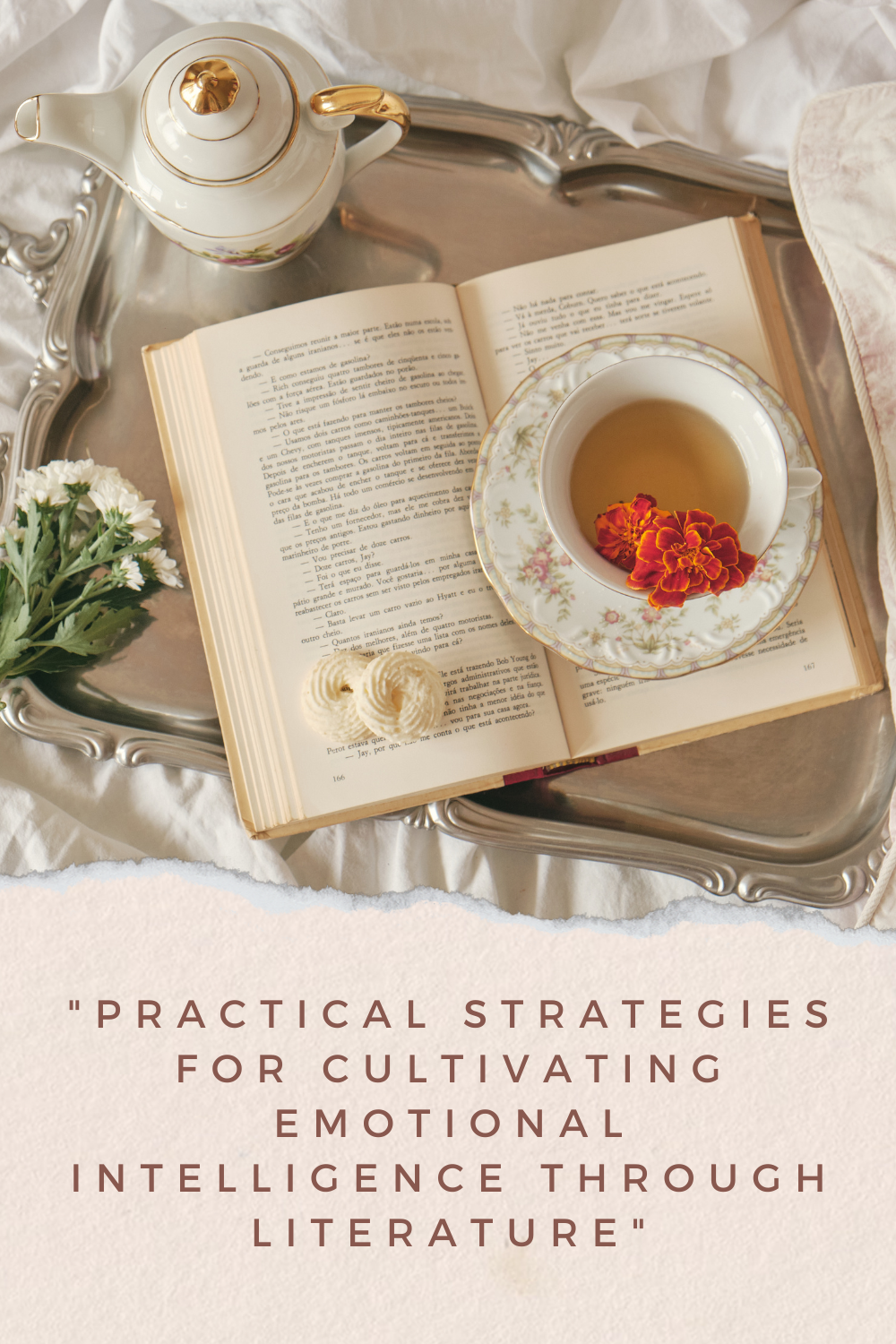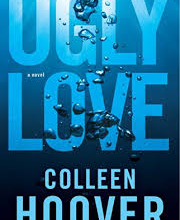“Practical Strategies for Cultivating Emotional Intelligence Through Literature”
In the pursuit of enhancing emotional intelligence through literature, practical strategies can be instrumental in translating insights from fictional narratives into real-life skills. Here are actionable steps to integrate the lessons from literature into your emotional intelligence journey:
1. Diverse Reading Selections
Practical Tip: Build a diverse reading list that spans genres, cultures, and perspectives. Choose books that explore a wide range of emotions and human experiences to broaden your emotional intelligence toolkit.
2. Reflective Journaling
Practical Tip: Keep a journal to jot down your emotional responses while reading. Reflect on how characters’ experiences resonate with your own, and explore the underlying emotions and motivations behind their actions.
3. Book Club Participation
Practical Tip: Join a book club or reading group to engage in discussions about emotional themes in literature. Hearing diverse interpretations enhances your understanding of emotions and provides valuable insights from others’ perspectives.
4. Character Analysis
Practical Tip: Analyze characters’ emotional arcs in detail. Identify their triggers, responses, and growth throughout the story. Consider how similar patterns might manifest in your own life and reflect on potential areas for personal development.
5. Empathy Exercises
Practical Tip: Engage in empathy exercises by putting yourself in the characters’ shoes. Consider their emotions, motivations, and challenges. This practice extends beyond literature, fostering empathetic responses in your real-world interactions.
6. Emotional Vocabulary Expansion
Practical Tip: Actively work on expanding your emotional vocabulary. Use a thesaurus to find alternative words for common emotions. This exercise enhances your ability to articulate and understand a broader range of feelings.
7. Mindful Reading Practices
Practical Tip: Practice mindful reading by focusing on the present moment while immersed in a book. Pay attention to your emotional reactions without judgment. This mindfulness can translate to heightened emotional awareness in daily life.
8. Integration into Daily Conversations
Practical Tip: Integrate lessons from literature into your daily conversations. Share insights gained from books and discuss emotional themes with friends or family. This application reinforces your understanding and invites diverse perspectives.
9. Application of Lessons
Practical Tip: Actively apply lessons learned from literature to real-life situations. When faced with challenges, consider how characters might respond and apply similar problem-solving or emotional regulation strategies.
10. Setting Emotional Growth Goals
Practical Tip: Establish specific emotional growth goals inspired by your literary explorations. Whether it’s improving communication skills, cultivating patience, or managing stress, setting clear goals provides direction for your personal development journey.
11. Regular Reading Routine
Practical Tip: Develop a consistent reading routine. Regular exposure to a variety of emotional experiences in literature reinforces the continuous practice of emotional intelligence and contributes to ongoing personal growth.
12. Seek Professional Guidance
Practical Tip: Consider seeking guidance from therapists or counselors who incorporate bibliotherapy. Professional support can provide tailored insights, helping you apply lessons from literature to specific aspects of your emotional well-being.
Cultivating emotional intelligence through literature is a hands-on process that involves active engagement and application. By incorporating these practical strategies into your reading habits and daily life, you can harness the transformative power of literature to enhance your emotional intelligence and foster meaningful personal growth.







